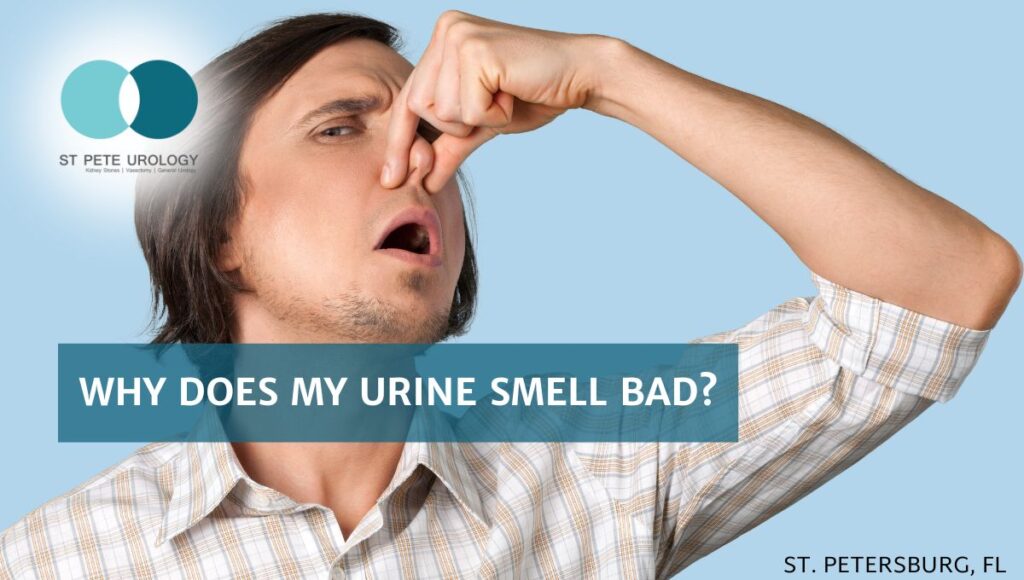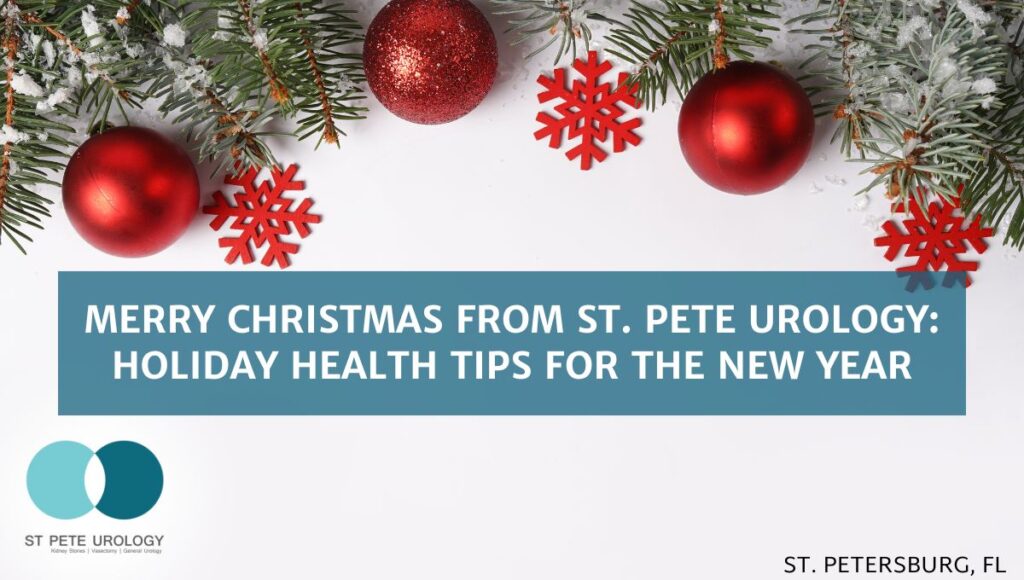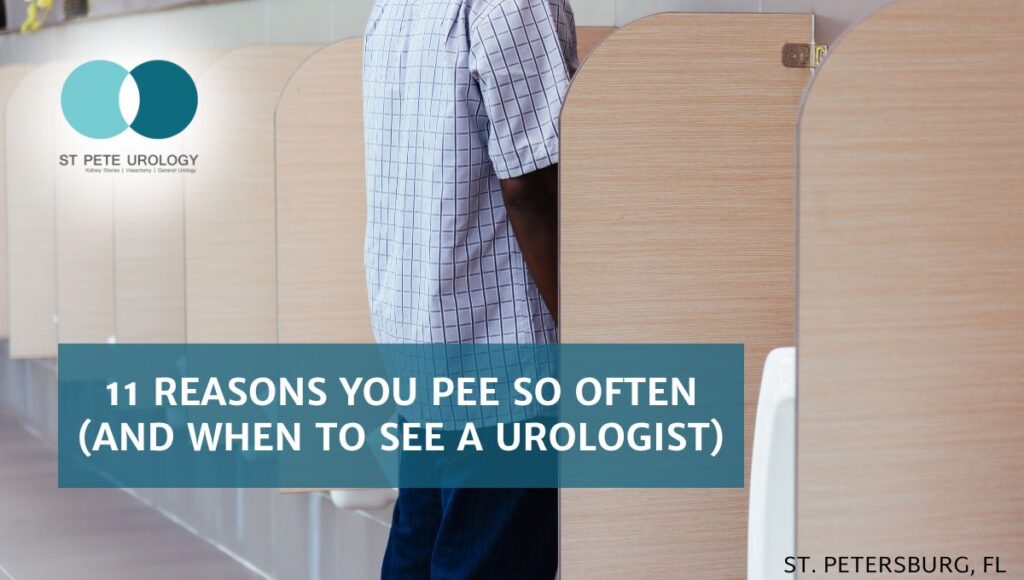3 Key Takeaways:
- Symptoms Are More Than Sexual: Low testosterone affects your physical health (fatigue, muscle loss) and mental well-being (mood swings, brain fog), not just your libido.
- Don’t Blame it All on Aging: While testosterone naturally declines with age, a significant drop causing these symptoms is a medical condition that can be treated.
- Diagnosis is Simple: A straightforward blood test is all it takes to confirm if your symptoms are due to low testosterone.
 Testosterone is more than just the hormone that fuels sex drive; it’s a cornerstone of a man’s overall health and vitality. It plays a crucial role in regulating everything from muscle mass and bone density to mood and mental clarity. As men age, a gradual decline in testosterone is normal. However, when levels drop too low, it can lead to a condition called hypogonadism, which significantly impacts quality of life. Recognizing the symptoms of low testosterone in men is the first and most important step toward addressing the issue and feeling like yourself again.
Testosterone is more than just the hormone that fuels sex drive; it’s a cornerstone of a man’s overall health and vitality. It plays a crucial role in regulating everything from muscle mass and bone density to mood and mental clarity. As men age, a gradual decline in testosterone is normal. However, when levels drop too low, it can lead to a condition called hypogonadism, which significantly impacts quality of life. Recognizing the symptoms of low testosterone in men is the first and most important step toward addressing the issue and feeling like yourself again.
This guide will walk you through the ten most common signs of low testosterone, covering the physical, sexual, and emotional changes you shouldn’t ignore.
The Sexual Health Signs of Low T
The most widely recognized symptoms of low testosterone often involve sexual function. While it’s common to attribute these changes solely to aging, they can be a direct result of a hormonal imbalance.
- Low Sex Drive (Libido): A noticeable drop in your desire for sex is a hallmark sign of low T.
- Erectile Dysfunction (ED): While testosterone doesn’t directly cause erections, it stimulates brain receptors to produce nitric oxide—a molecule that triggers the chemical reactions necessary for an erection. Low T can make achieving or maintaining an erection difficult.
- Reduced Semen Volume: Testosterone plays a part in semen production. Lower testosterone can lead to a decrease in the volume of your ejaculate.
Physical Changes You Might Notice
The effects of low testosterone extend beyond the bedroom, often manifesting in noticeable physical changes that can be frustrating and concerning.
- Persistent Fatigue and Low Energy: If you feel constantly tired despite getting enough sleep, low T could be the culprit. Many men describe it as a profound lack of vitality and motivation.
- Loss of Muscle Mass: Testosterone is essential for building and maintaining muscle. With low T, you might find it harder to build muscle at the gym, or you may notice a decrease in your strength and muscle tone.
- Increased Body Fat: Low testosterone can cause a shift in body composition, often leading to an increase in body fat, particularly around the abdomen. According to a study in the Journal of Clinical Endocrinology & Metabolism, men with low testosterone have a higher prevalence of obesity.
- Hair Loss: While balding is largely genetic, low testosterone can contribute to the loss of body and facial hair.
The Emotional and Mental Impact
The invisible symptoms of low T are often the most challenging, affecting your mood and cognitive function. These are frequently overlooked or misattributed to stress or life circumstances.
- Mood Swings and Irritability: Low testosterone can affect mood regulation, leading to increased irritability, sadness, or even symptoms of depression.
- Difficulty Concentrating (“Brain Fog”): Many men with low T report issues with memory and focus, often describing a feeling of “brain fog” that makes it hard to concentrate on tasks.
- Reduced Motivation or Self-Confidence: The combination of physical and emotional symptoms can take a toll on your self-esteem and drive, leaving you feeling less confident and motivated than usual.
Getting Diagnosed and Exploring Treatment
If these symptoms sound familiar, the next step is a simple blood test. A urologist can accurately diagnose low testosterone by measuring the level of testosterone in your blood, typically done in the morning when levels are highest.
If a diagnosis is confirmed, your doctor will discuss your options. For many men, low testosterone treatment involves testosterone replacement therapy (TRT). TRT is designed to restore your hormone levels to a normal range, which can help alleviate symptoms and improve your overall well-being. This therapy comes in various forms, including gels, injections, patches, and pellets.
The symptoms of low testosterone in men are wide-ranging and can affect every aspect of your life, from your energy levels and physical strength to your mood and sexual health. Ignoring these signs means accepting a lower quality of life you don’t have to settle for. A simple blood test can provide clear answers and open the door to effective treatment.
If you are experiencing any of these symptoms, it’s time to take action. The experienced team at St Pete Urology specializes in diagnosing and managing low testosterone. We can help you understand your symptoms and develop a personalized treatment plan to help you feel strong, sharp, and revitalized.
Contact St Pete Urology today to schedule a consultation and get your levels checked.
References:
- Fui, M. N., Dupuis, P., & Grossmann, M. (2014). Lowered testosterone in male obesity: mechanisms, morbidity and management. Asian journal of andrology, 16(2), 223–231. https://doi.org/10.4103/1008-682X.122365
- Mayo Foundation for Medical Education and Research. (2022, March 4). Male hypogonadism. Mayo Clinic. Retrieved from https://www.mayoclinic.org/diseases-conditions/male-hypogonadism/symptoms-causes/syc-20354881
- Urology Care Foundation. (n.d.). Low Testosterone (Hypogonadism). American Urological Association. Retrieved from https://www.urologyhealth.org/urology-a-z/l/low-testosterone





